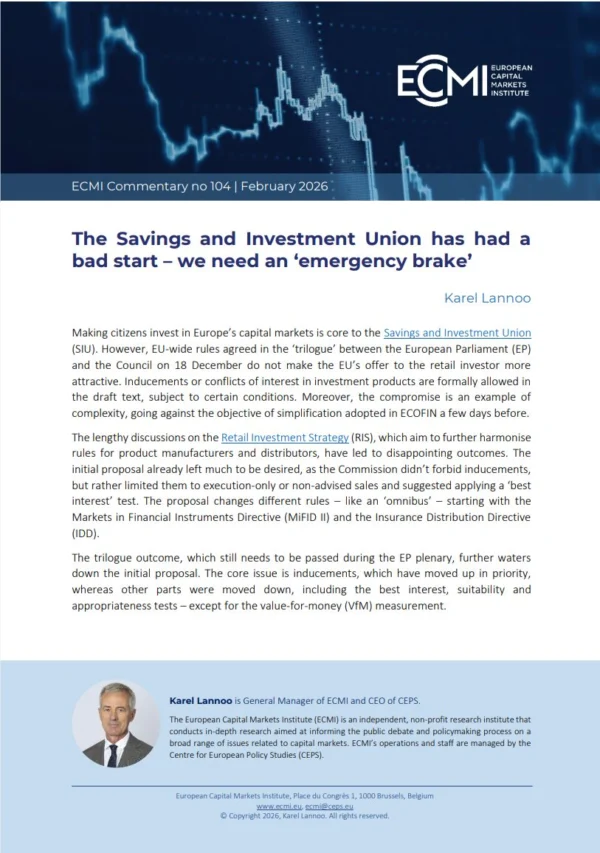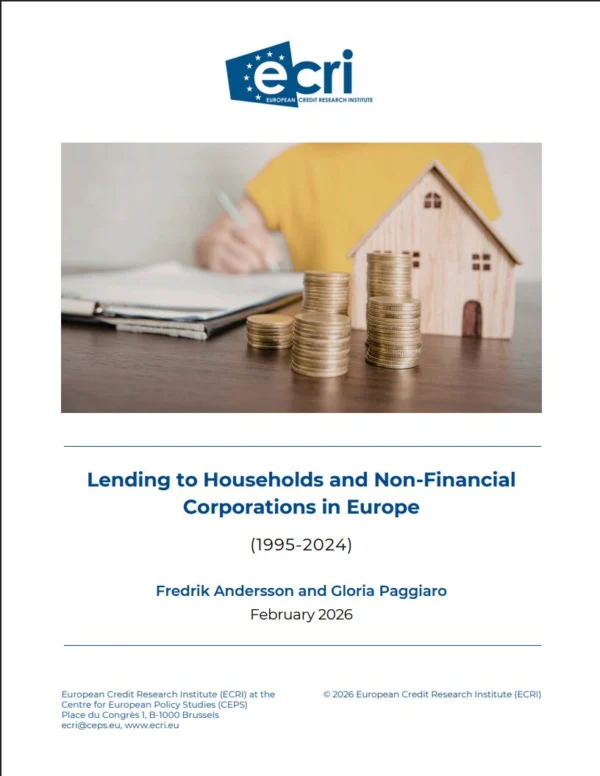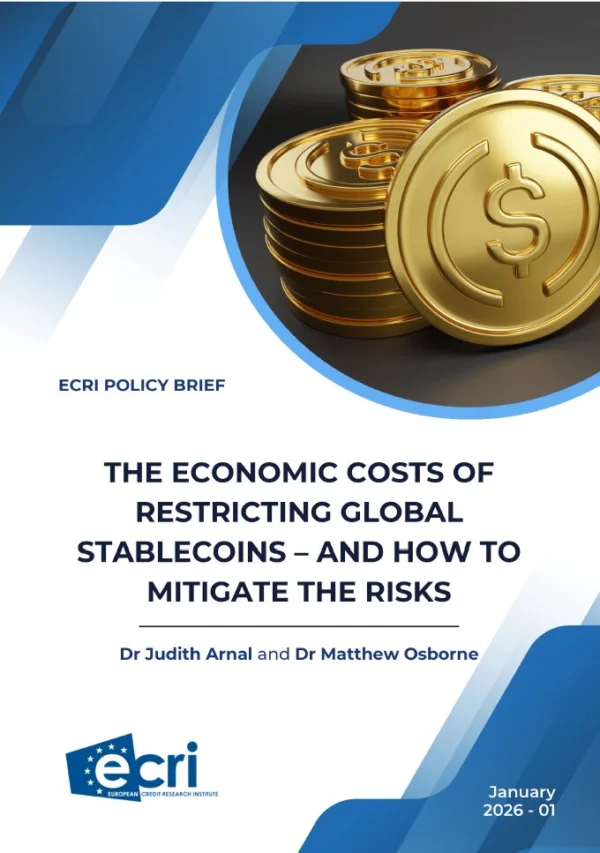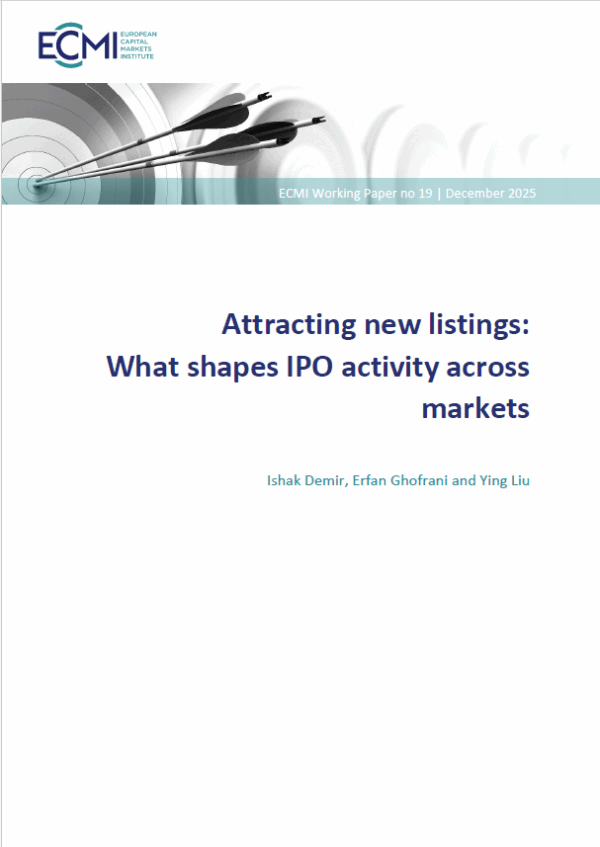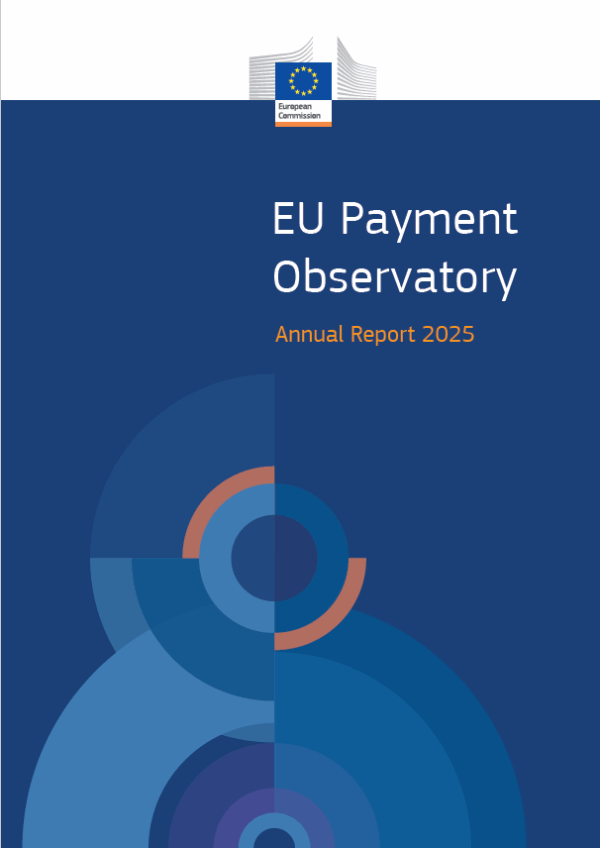European Capital Markets Institute, Working Paper No. 8
Prabesh Luitel is a researcher at the Research Centre for Finance, KU Leuven, Brussels Campus and Rosanne Vanpée is assistant professor at the Faculty of Economics and Business (FEB) and head of the Research Centre for Finance, KU Leuven, Brussels Campus. The paper has received the Best Paper Award at the ECMI Annual Conference 2018, held in Brussels on 10 October.
The paper investigates the importance of having a sovereign credit rating for a country’s financial development. After controlling for endogeneity and selection bias, the authors compare different aspects of the financial sector and the capital markets of recently rated countries with otherwise similar, but unrated countries. The findings indicate that obtaining a sovereign credit rating changes the composition of the assets of domestic banks and leads to a growth in bank assets. With a sovereign rating, the government is less dependent on bank financing and it can tap international bond markets. Banks subsequently provide more credit to the private sector, which translates into riskier debt holdings, resulting in an increase in the banks’ risk-weighted assets. In addition, an initial sovereign credit rating attracts foreign investors, both FDI and portfolio investments. Hence, the authors conclude that a sovereign credit provision plays a crucial role in enabling the financial development in a country.
ECMI Working Papers offer views and insights into developments affecting capital markets in Europe. The purpose of this series is to promote the circulation of work in progress produced by specialists associated with the European Capital Markets Institute, which is managed and staffed by CEPS, or presented at ECMI Seminars and Conferences by external contributors on topics of special interest to ECMI. Unless otherwise indicated, the views expressed are attributable only to the authors and not to any institution with which they are associated, and nor do they necessarily represent the views of the ECMI.



